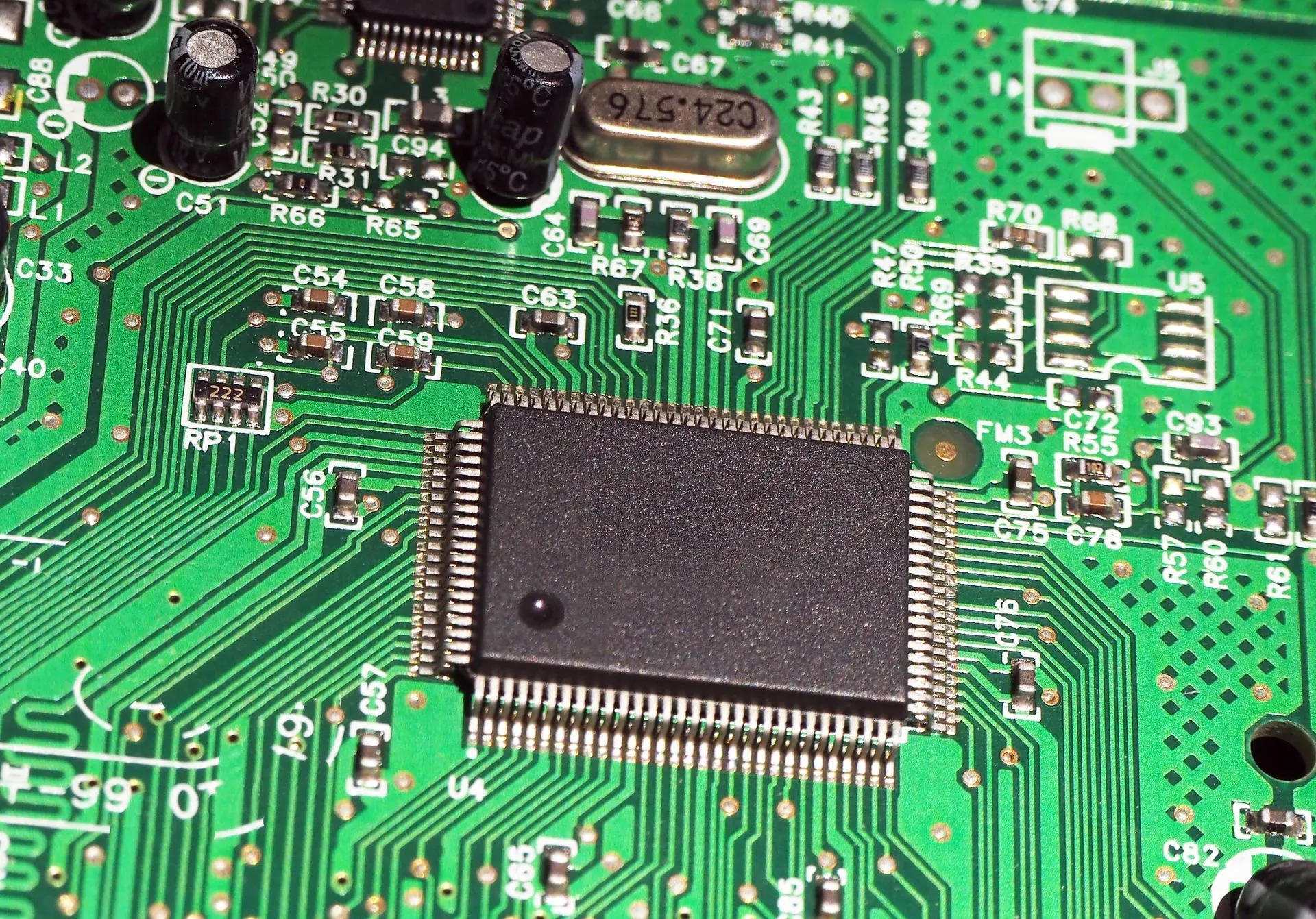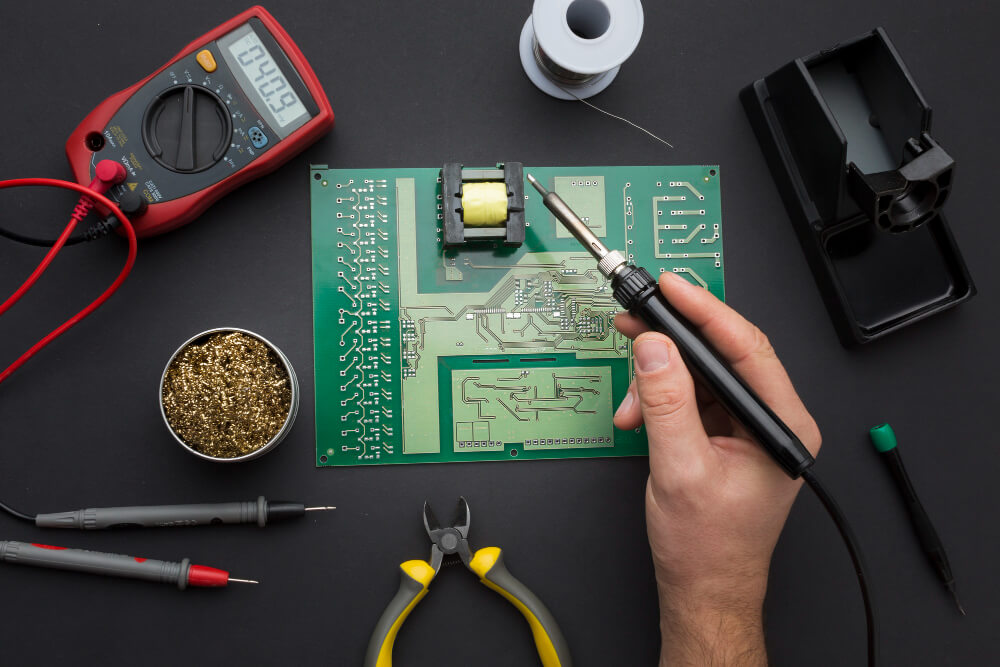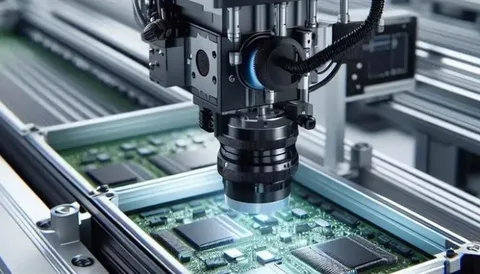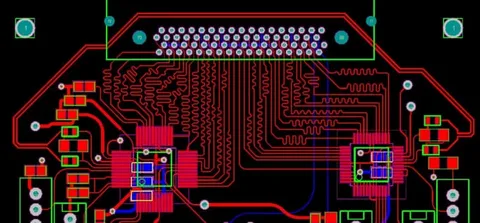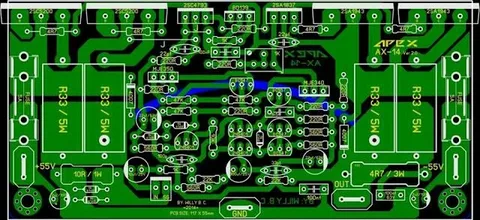In the aerospace industry, safety, precision, and reliability are non-negotiable. Every component, material, and process involved in manufacturing must meet the highest standards to ensure that aircraft operate efficiently and securely. This is where Nadcap certified processes come into play. The National Aerospace and Defense Contractors Accreditation Program (Nadcap) sets rigorous benchmarks for processes used in aerospace manufacturing. This blog explores why Nadcap certification is crucial, its impact on quality assurance, and how it ensures consistency across the aerospace supply chain.
What Is Nadcap Certification?
Nadcap certification is an international certification program aimed at bringing best practices to aerospace manufacturing processes. Created by Performance Review Institute (PRI), Nadcap targets special process including heat treating, chemical processing, welding, and NDT.
Organizations that want to be a part of Nadcap agree to be subjected to strict audits in an effort to ensure that they meet these aerospace standards. The certification provides confidence to stakeholders that these processes are well defined, uniform and have been implemented to the best practice.
Why Nadcap Certification is So Important in Aerospace
Ensuring Safety and Reliability:
Aerospace manufacturing includes parts which perform in conditions that are unfavorable, including high temperatures, pressure, and stress. Nadcap certification objectively confirms the exactness of critical processes in order to reduce the number of potential failures and guarantee the reliability of the product.
Meeting Regulatory and Industry Standards:
Manufacturers of aerospace products have to meet both international requirements and guidelines. Auditing by Nadcap offers a checklist of guidelines that must be met in order to guarantee that the processes are compliant with these necessities.
Strengthening Supply Chain Integrity:
Suppliers also have to meet Nadcap standards to make sure every supplier is up to optimum standards to serve the aerospace industries.
The Detail of Nadcap Certified Processes
Nadcap certification covers a wide range of processes, including:
Non-Destructive Testing (NDT):
Ultrasonic, radiographic and magnetic particle testing are NDT techniques used to discover material imperfections without compromising on the integrity of the tested component. Accurate and reliable NDT processes are provided by the Nadcap-certified processes.
Heat Treating:
According to Qual-Pro research, this process changes the metal characteristics and mechanical properties to fit aerospace needs. Nadcap certification guarantees accuracy in heat treatment, a very important area for components such as turbine blades as well as the landing gear.
Chemical Processing:
Functionalities such as anodizing, plating, and cleaning are crucial especially for avoiding hurried corrosion by offering a basic surface for touch. Nadcap certification ensures quality and an environmental standard to be maintained as required by law.
Welding:
Welding is one of the most critical activities in aerospace construction. Nadcap certification focuses on weld quality, avoiding failure of structure parts.
Maintenance of accuracy in Non Destructive Testing (NDT)
NDT has potential of point out the flaws in the material used while in service. Nadcap certification makes sure such tests are well done in order to enhance structural integrity.
The Requisites of Precision in Heat Treating and Property of Metal
Accredited heat treatment procedure proves that metals reach the required hardness, tensile strength, and toughness to meet the severe environment of aerospace applications.
Advantages of Nadcap accreditation to manufacturers
Enhanced Credibility:
It shows commitment to quality and thus gains the confidence of its clients and other stakeholders in the aerospace industry.
Reduced Costs and Risks:
Structured activities are characterized by fewer defects, cycles, and calls for product refunds and are less costly and risky.
Improved Process Efficiency:
Nadcap-certified companies work with fewer steps that improve the production rate and the general operations.
Access to Global Markets:
This is particularly significant for aerospace OEMs, as several of them demand that their suppliers possess Nadcap accreditation in order to secure contracts on the global market.
Some of the Barriers to Nadcap Certification
Stringent Auditing Process:
Nadcap audits are very comprehensive and may find other issues within a company that must be addressed to conform, and therefore, takes a lot of energy.
High Initial Costs:
Nadcap certification requires resources in terms of training, equipment and generally improving on the efficiency of the existing processes.
Continuous Maintenance:
Organizations need to produce the documents for audits, to retain their certifications and demonstrate compliance with the updated requirements.
The Steps to Gain Nadcap Certification
Conduct a Gap Analysis:
Nadcap is used as a benchmark to evaluate the current organizational processes to determine where changes can be made.
Invest in Training:
Nadcap standards should be communicated well to the employees and how everyone can contribute to its achievement.
Streamline Processes:
Improve processes and introduce good practices to fulfill Nadcap requirements.
Prepare for Audits:
Consult specialists in order to practice the audit and eliminate possible problems before making it official.
The Effect of Nadcap on Aerospace Quality Management
The certification offered by Nadcap is in direct line with the aerospace industries safety and reliability manifesto. It fosters responsibility since every component of the process must meet specified quality requirements due to the standardization of critical processes. This minimises the chances of failure, improves on the performance of the product and increases confidence among the stakeholders.
Aircraft Engines: Nadcap-certified heat treatment guarantees that turbine blades will not lose their strength and reliability at high temperatures.

Structural Components: Certified welding processes further the safety of the fuselage assemblies and therefore the passengers.
Real-life Experiences of Nadcap Accreditation
Boeing and Airbus Supply Chains:
Boeing and Airbus, two giants of the aerospace industry, insist on their suppliers to have the Nadcap certification, because their standards are identical around the world.
Space Exploration:
Components of spacecraft are required to face tough conditions. Nadcap certified processes are used in guaranteeing the most essential components in rockets and satellites.
Defense Applications:
Military aircraft require parts to be built using Nadcap certified processes for the product to meet the high performance and safety requirements.
The future of Nadcap certification
This paper demonstrates that Nadcap will continue to grow as aerospace technologies advance, including newcomers like additive manufacturing and composites. Most of these updates are important since they keep the certified processes abreast with future challenges.
In the same way, automation and AI applications in the manufacturing area will improve the accuracy and efficiency of Nadcap certified processes and will contribute to the betterment of aerospace industry’s mission to deliver quality products.
Conclusion
Nadcap certification is as an industry standard in aerospace manufacturing as a result of its ability in assuring that major processes are safely, reliably, and effectively done. It creates trust with the stakeholders and encourages the enhancement of quality within a supply chain by increasing order and scale.
To aerospace manufacturers, the certification to the Nadcap standards is more than just a compliance necessity – it is a strategic business decision. With the advancement of the industry in the future, the importance of processes with the Nadcap certification will continue to be essential to the industry and the future of the aerospace.

